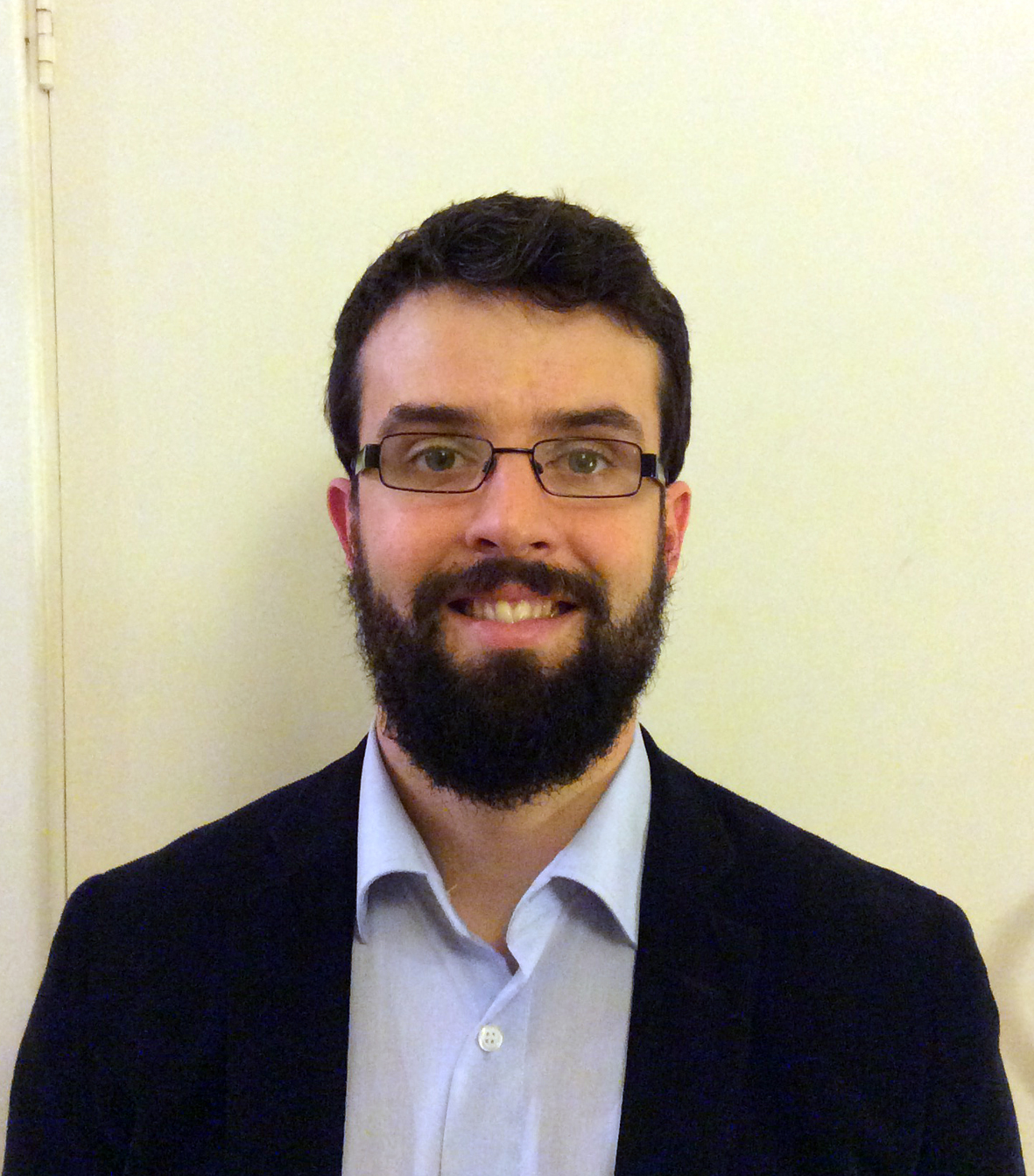
Dr Conn Hastings
Specialities: Drug Delivery, Biomaterials, Regenerative Medicine
Conn Hastings received a PhD in drug delivery for his work investigating the potential of injectable hydrogels to deliver cells, drugs, and nanoparticles in the treatment of cancer and cardiovascular diseases. After achieving his PhD and completing a year of postdoctoral research, Dr Hastings pursued a career in academic publishing as a full-time scientific editor and science writer, combining his experience within the biomedical sciences with his passion for written communication.
Dr Hastings has co-authored several papers published in leading journals, including ‘Development of a thermoresponsive chitosan gel combined with human mesenchymal stem cells and desferrioxamine as a multimodal pro-angiogenic therapeutic for the treatment of critical limb ischemia’, in the Journal of Controlled Release (2012; 1, 73–80), and ‘Comparison of biomaterial delivery vehicles for improving acute retention of stem cells in the infarcted heart’, in Biomaterials (2014; 25, 6850–6858).
He has also published work in Advanced Healthcare Materials, Advanced Drug Delivery Reviews, and Biomacromolecules, and in 2012 was awarded an Albert Renold Fellowship from the European Foundation for the Study of Diabetes, which funded a five month visiting researcher placement in the laboratories of Professor Conor Walsh and Professor David Mooney of the Wyss Institute, Harvard University.
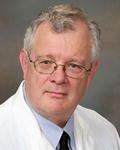
Dr Kenneth Dangman
Specialities: Internal Medicine, Preventative Medicine, Public Health, Environmental Medicine, Pharmacology, Pathology, Toxicology
Kenneth Dangman holds a PhD in pharmacology from the Columbia University College of Physicians and Surgeons, and an MD and MPH from the University of Connecticut. He is board-certified in both internal medicine and occupational/environmental medicine.
Dr Dangman has been a member of faculty at Columbia, the University of Connecticut, and New York Medical College, and was also a Visiting Professor at St. George's University Medical School in Grenada.
He has published numerous papers in both clinical and basic research journals, focused on cardiac physiology and pharmacology, as well as in environmental toxicology and pulmonary disease. Dr Dangman has also worked as a peer reviewer for more than 20 different clinical and scientific journals, organized and edited textbooks, and wrote numerous original research papers, review papers, and abstracts in both basic science and clinical practice.
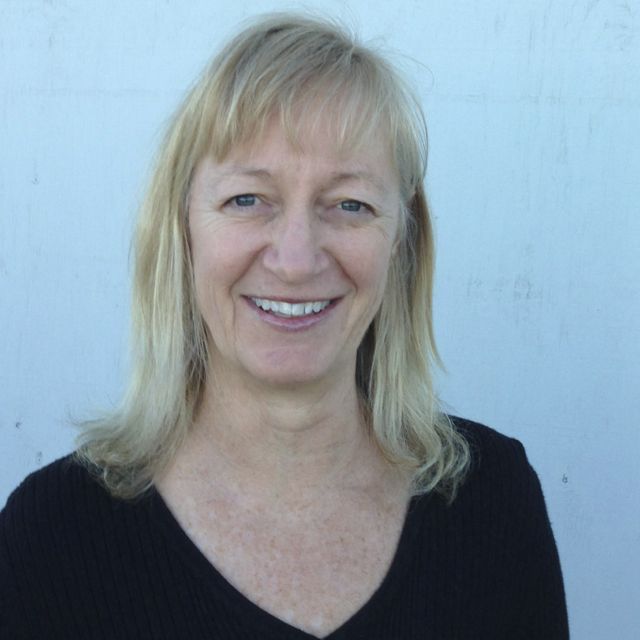
Dr Thressa Smith
Specialities: Pharmacology, Neuroscience, Neurodegenerative Diseases, Substance Abuse
Thressa Smith received a PhD in pharmacology and toxicology for her work examining brain cholinergic, noradrenergic, and opioid correlates of spatial memory impairment in aging. After achieving her PhD, Dr Smith developed her knowledge of neuroscience by working as a postdoctoral research scientist at the National Institute of Mental Health, where she studied glutamatergic and cholinergic dynamics in primate temporal and prefrontal cortices, as well as the hippocampus associated with performance on learning, memory, and attention tasks. She also received a McDonnell-Pew Center of Cognitive Neuroscience Postdoctoral Fellowship Award.
As a research scientist and laboratory manager at the University of Texas Medical Branch, Dr Smith pursued her interest in drug discovery and the therapeutic potential of serotonin 2A and 2C receptor subtypes associated with impulsivity and cue-reactivity, and psychostimulant abuse, addiction, and relapse to abuse. She combined her expertise in neuropharmacology with her love of writing to pursue a career in scientific and medical editing after obtaining a copyeditor certificate from the University of California and honing her medical editing skills through an intensive Editorial Freelancers Associations course.
While accruing over fifteen years of experience as a research scientist and science/medical editor, Dr Smith has co-authored many papers published in leading journals (e.g., Journal of Comparative Neurology, Synapse, Neurobiology of Aging, and Journal of Pharmacology and Experimental Therapeutics), including the following two papers in Journal of Neuroscience, one as the first author: ‘Circuit-specific alterations in hippocampal synaptophysin immunoreactivity predict spatial learning impairment in aged rats’ (2000; 20, 6587-6593), and ‘Peptide inhibitors disrupt the serotonin 5-HT2C receptor interaction with phosphatase and tensin homolog to allosterically modulate cellular signaling and behavior’ (2013; 33,1615-1630). She also recently co-authored a book chapter, which was published in ‘Steroid Receptors: Methods and Protocols’.
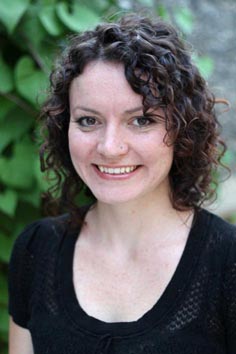
Dr Julia Slone-Murphy
Specialities: Neuroscience, Pharmacology, Medical Sciences
2011 – PhD Neuroscience, University College London, UK
2005 – MSc Neuroscience, King's College London, UK
2004 – BSc Pharmacology, University of Manchester, UK
Dr Slone-Murphy received her PhD for her work on the role of the neurokinin-1 receptor in behavioral and molecular responses to amphetamine. She then accepted a postdoctoral contract at the National Center for Scientific Research (CNRS) in Bordeaux, France, where she studied the involvement of the subthalamic nucleus in drug addiction.
Before her PhD, Dr Slone-Murphy worked at Sanofi, where she modeled pharmacokinetic data using clinical trial simulation software, and GlaxoSmithKline, where she conducted her MSc research and was employed as a bench scientist, investigating forebrain neurotransmission in a maternal isolation model of schizophrenia. Here, she also co-authored a paper on a novel liquid chromatography/tandem mass spectrometry method, published in the Journal of Chromatography B (2008; 876(2):153–8).
Dr Slone-Murphy has presented her research at conferences in the UK and internationally, and was awarded the Brain travel grant in 2008 and 2009 to present her work at the annual meetings of the Society for Neuroscience in the USA.
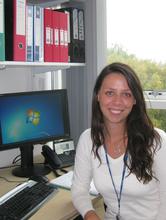
Dr Kimberly Hannam
Specialities: Medical Sciences
2013 – PhD Medicine (Epidemiology), University of Manchester, UK
2008 – BSc Medical Sciences and Humanities, University of Wales, Swansea, UK
Kimberly Hannam received a PhD from the University of Manchester School of Medicine for her work investigating the effects of air pollution on perinatal outcomes. After achieving her PhD, she pursued her academic career at the University of Bristol working as a Senior Research Associate managing a multi-center epidemiology study investigating the effects of physical activity in older adults on bone mineral density.
Dr Hannam has acted as a reviewer for various academic journals, presented at national and international conferences, and lectured on undergraduate and postgraduate programs.
She has been the lead author and co-author of international peer reviewed papers published in leading journals, including 'Maternal preeclampsia is associated with reduced bone mineral density in a UK population based cohort', in the Journal of Bone and Mineral Research (2015; 30(9): 1684-91), and 'Residential proximity to major roads and adverse perinatal outcomes in North West England', in the Journal of Occupational and Environmental Medicine (2013; 55(11): 1329-36).
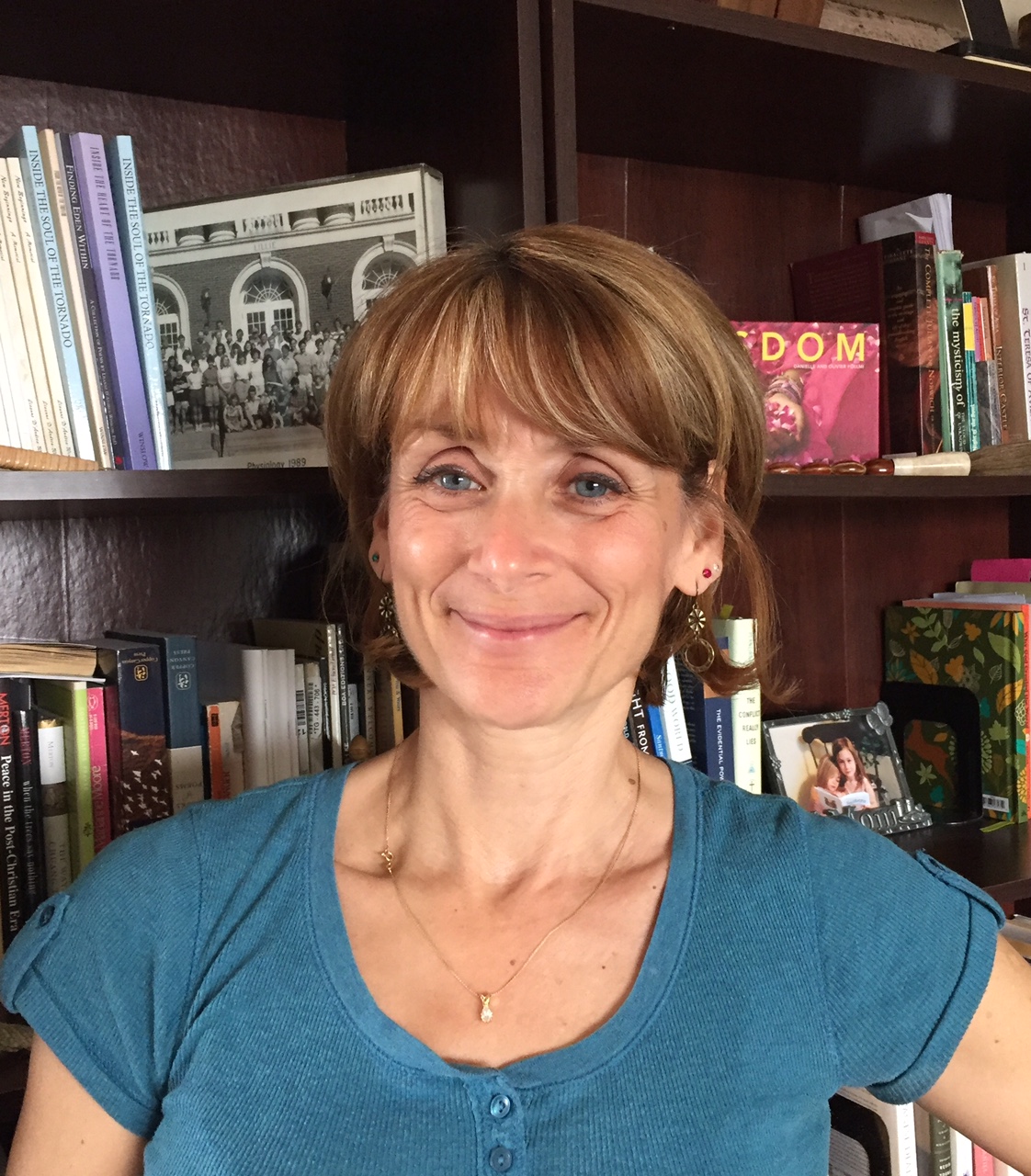
Dr Lisanne Winslow
Specialities: Specialities: Cell Biology, Zoology, Immunology, Life Sciences, Biological Sciences, Ecology, Anatomy, Physiology, Medical Sciences, Cancer Biology
Post-Doctoral Research Harvard Medical School, USA
Fulbright Scholar - Biological Sciences, University of Tokyo, Japan
PhD Cell Biology and Biochemistry Rutgers University, USA
MS Cell Biology Rutgers University, USA
BA Biological Sciences Rutgers University, USA
Dr Winslow completed her PhD in Cell Biology and Biochemistry for her work on cell motility and the cytoskeleton in marine invertebrate non-muscle cells. She went on to conduct post-doctoral research at Harvard Medical School where she investigated the effects of upregulation of the Na+K+2Cl- cotransporter in colon cancer and inflammatory bowel disease. Since then she has been a professor conducting scientific research in marine invertebrate immunity and immunological pathways. Dr Winslow is a Fulbright Scholar, awarded in 2009, where she studied the transmembrane protein arylsulfatase in cell-cell adhesion in marine invertebrates, as well as population ecology of indicator species in the ocean ecosystem.
Dr Winslow has been writing and editing scientific papers for more than 20 years and serves as peer reviewer for numerous biomedical and biological journals. She has published over 100 scientific papers and publications. Recent publications co-authored by Dr Winslow include Sea urchin coelomocyte arylsulfatase: a modulator of the echinoderm cell clotting pathway in Integrative Zoology (2014; 7: 61–73), Bioelectromagnetic fields accelerate wound healing and activate immune cell function in Journal of Medical and Biological Sciences (2008; Volume 2, Issue 1, pp. 1-15), Active bleb formation is abated in Lytechinus variagatus red spherule coelomocytes upon disruption of acto-myosin contractility in Integrative Zoology (2008; 3:106-113) and Identification of a Na/K/2Cl cotransporter (NKCC) in sea urchin coelomocytes: microfilament dependent surface expression mediated by hypotonic shock and cAMP in J. Exp Biol. (2001; 204:147-156).
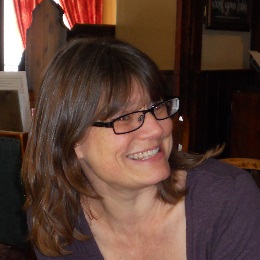
Dr Alison Haughton
Specialities: Specialities: Ecology, Agriculture, Insect Behaviour, Ecosystem Services
2000 PhD Plant and invertebrate ecology, Open University, UK
1994 BSc Hons Conservation Ecology, Manchester Metropolitan University, UK
Alison Haughton is an ecologist and was awarded a PhD for her research into the effects of herbicide (glyphosate) on non-target, field-margin plants and invertebrates.
Alison worked for more than 17 years at Rothamsted Research, the oldest agricultural research institute in the world, researching how novel crops, farming methods and environmental stressors affect farmland biodiversity, insect movement and ecosystem services. Dr Haughton was one of the leading scientists on the ground-breaking farmland ecology project, the Farmscale Evaluations of Genetically-modified, Herbicide Tolerant Crops, the results of which were launched at the Royal Institution and published in the Philosophical Transactions of the Royal Society, Volume 358. Most recently, Alison has led pollination ecology research at Rothamsted, publishing research on effect of pathogens on flight performance in honey bees in Environmental Microbiology Reports (2016; 8, 728–737) and variability in floral traits of oilseed rape varieties in Global Change Biology Bioenergy (2017, 10.1111/gcbb.12438).
Dr Haughton is a member of the Society for Editors and Proofreaders and has a rich history of peer-reviewing for prestigious journals, such as Scientific Reports, Science and Journal of Applied Ecology (Publons). With more than 20 years’ publishing experience, Dr Haughton’s catalogue of more than 40 papers published in peer-reviewed journals has an associated Google Scholar h-index of 24.
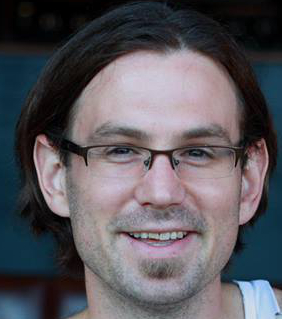
Dr Roland Wilhelm
Specialities: Specialities: Microbiology, Ecology, Toxicology, Environmental Sciences & Molecular Biology
PhD Microbiology and Immunology, University of British Columbia, Canada
MSc Natural Resource Sciences, McGill University, Canada
BSc.H Environmental Toxicology, University of Guelph, Canada
BA.H English Literature, University of Guelph, Canada
With experience as a copy editor, researcher, and teacher, Roland is pursuing a career in academia in the field of environmental microbiology.
Roland is an established researcher with a growing body of work. He specializes in technical writing related to microbiology, molecular ecology and ecology, but has assisted the preparation of manuscripts in physics and engineering. He has served as a reviewer for over a dozen research articles for a variety of journals in microbiology, ecology and environmental sciences. Read more about his research at www.roland-wilhelm.com.
Here is a selection of recent publications co-authored by Roland:
Long-term Enrichment of Stress-tolerant Cellulolytic Soil Populations following Timber Harvesting Revealed by Multi-omic Stable Isotope Probing. Frontiers in Microbiology (2017; 8: 537).
Mycorrhizas dominate belowground carbon assimilation and transfer among Douglas-fir seedlings. New Phytologist (2017; 214: 400).
Long-term effects of timber harvesting on hemicellulolytic microbial populations in coniferous forest soils. ISME J. (2016; 10: 363).
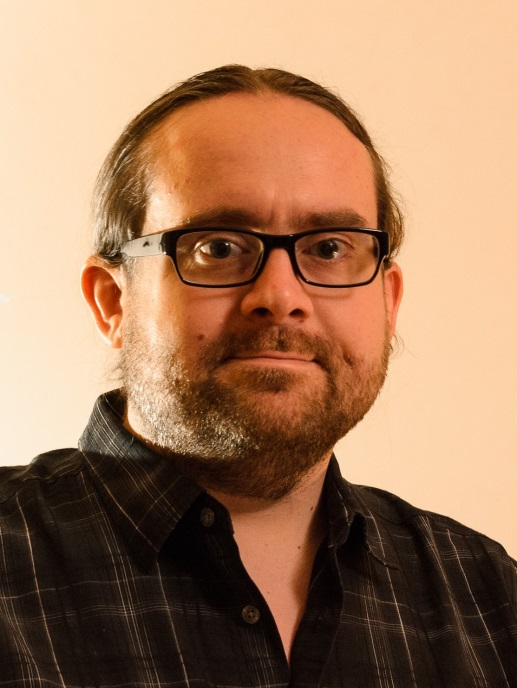
Dr Andrew Hagan
Specialities: Specialities: Chemistry, Analytical Chemistry, Biological Chemistry, Chemical Engineering, Materials Science, Organic Synthesis, Peptide Chemistry
2014 – Chinese Postdoctoral Certificate, Nanjing Agricultural University, China
2009 – PhD Chemistry, University of Manchester, UK
2004 – MChem Chemistry with First Class Honours, University of Edinburgh, UK
Andrew Hagan obtained his PhD in Chemistry from the University of Manchester in 2009, for his research into the chemical modification of a complex peptide antibiotic in order to prepare more active analogues and better understand the mode of antibacterial action. Between 2009 and 2011, he worked as a postdoctoral researcher at the University of Leipzig, developing new assays for the detection of proteins of biomedical interest. From 2012 to 2014, he worked as a Senior Postdoctoral Researcher in glycomics at Nanjing Agricultural University, establishing novel methods for the analysis of glycoproteins of medical relevance.
Alongside his research work, Andrew has over ten years of experience in writing and editing scientific material for publication. He has been working as a freelance scientific editor and writer since 2011, editing manuscripts for several peer-reviewed chemistry journals as well as various universities, academic editing companies, and private clients. He has edited over 350 journal articles across a wide range of topics and endeavors to help ESL authors publish their work to an international audience.
During his time in academia, he also authored several articles in Analytical Chemistry, Protein & Peptide Letters, and Analytical and Bioanalytical Chemistry.
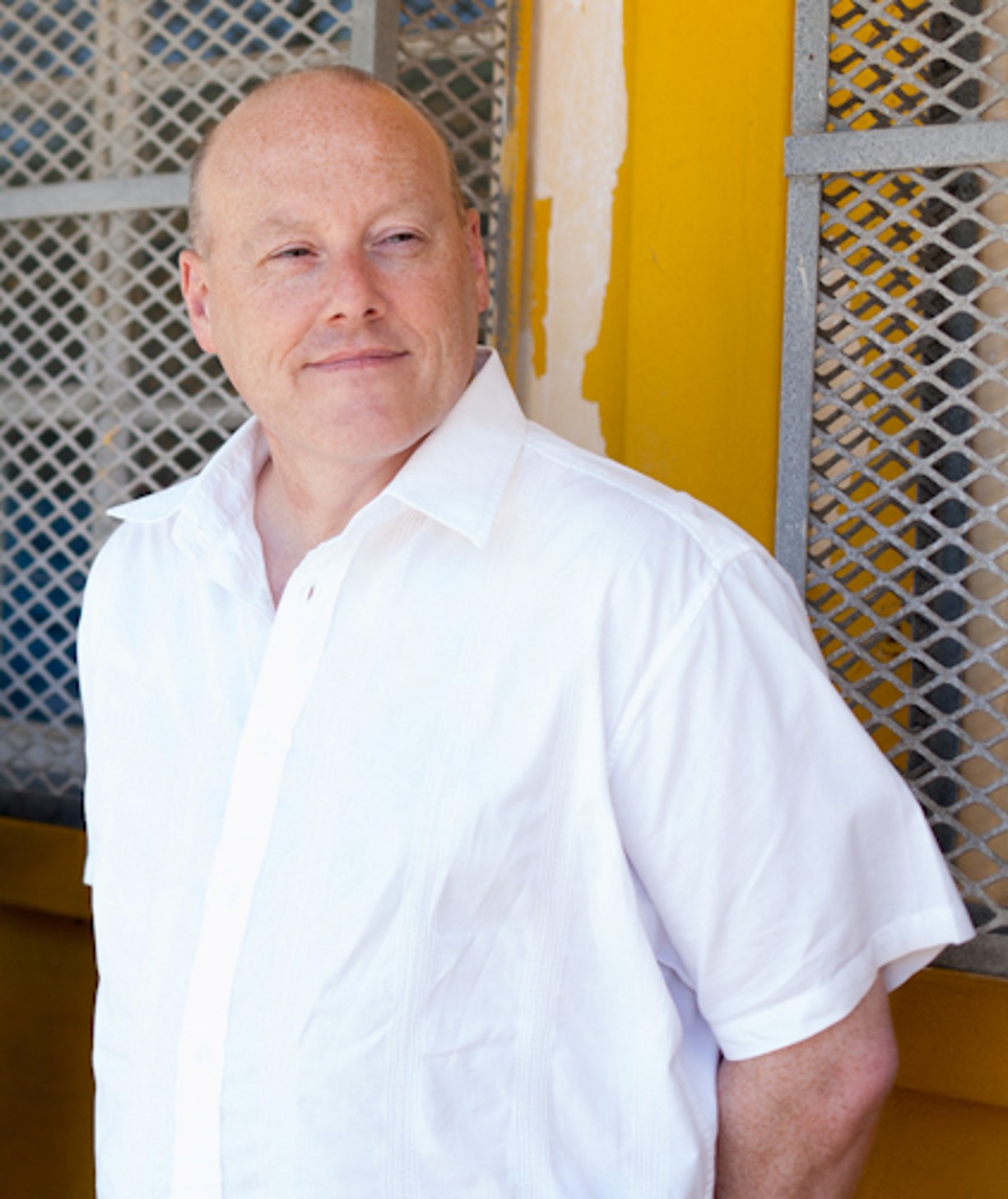
Dr Paul Giess
Specialities: Specialities: Environmental Science, Earth Sciences
1994 – PhD Environmental Radioactivity, Imperial College, UK
1990 – BSc Environmental Science, University of Bradford, UK
Paul Giess received a PhD in environmental radioactivity for his evaluation of the resuspension of settled radioactive particulates from vegetated surfaces. After achieving his PhD, Dr Giess pursued an academic career in teaching environmental technology and pollution control. He has taught at higher education establishments in the UK, Spain, and Finland, during which time he developed skills in editing technical documents written by non-native English speakers. For the past five years he has worked as a specialist scientific editor.
Dr Giess has also been an active researcher during his academic career and has co-authored several papers published in leading journals, including ‘Improving the performance of Granular Activated Carbon (GAC) via pre-regeneration acid treatment’, in Journal of the Chartered Institute of Water and Environmental Management (2005; 19 (No.3), 159-166), and ‘Magnetic properties of urban street dust and its relationship to organic matter content in the West Midlands UK’, in Atmospheric Environment (2005; 39, 3651-3659).
Dr Geiss has also published work in Journal of Aerosol Science, Indoor and Built Environment, and Environmental Health, and for many years wrote a topical science column for The Express & Star, the UK’s largest circulation regional newspaper.
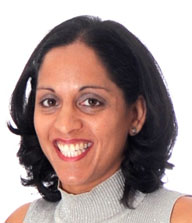
Dr Radhika Srinivasan
Specialities: Specialities: Biomedical Sciences, Life Sciences, Oncology
2005 – PhD Cardiovascular Research, University of Manchester, UK
2000 – BSc Biochemistry, University of Southampton, UK
Radhika Srinivasan carried out her doctoral thesis in cardiovascular research, focusing on the signaling pathways involved in small artery contractility. She also has first-hand experience in oncology, having worked for three years as a post-doctoral research fellow, performing investigations into the identification of cancer stem cells at the world-renowned Institute for Cancer Research and Treatment (IRCC) in Turin, Italy.
Dr Srinivasan has been a freelance science editor and translator since 2009 and has extensive knowledge and experience across a wide range of biological and medical sciences.
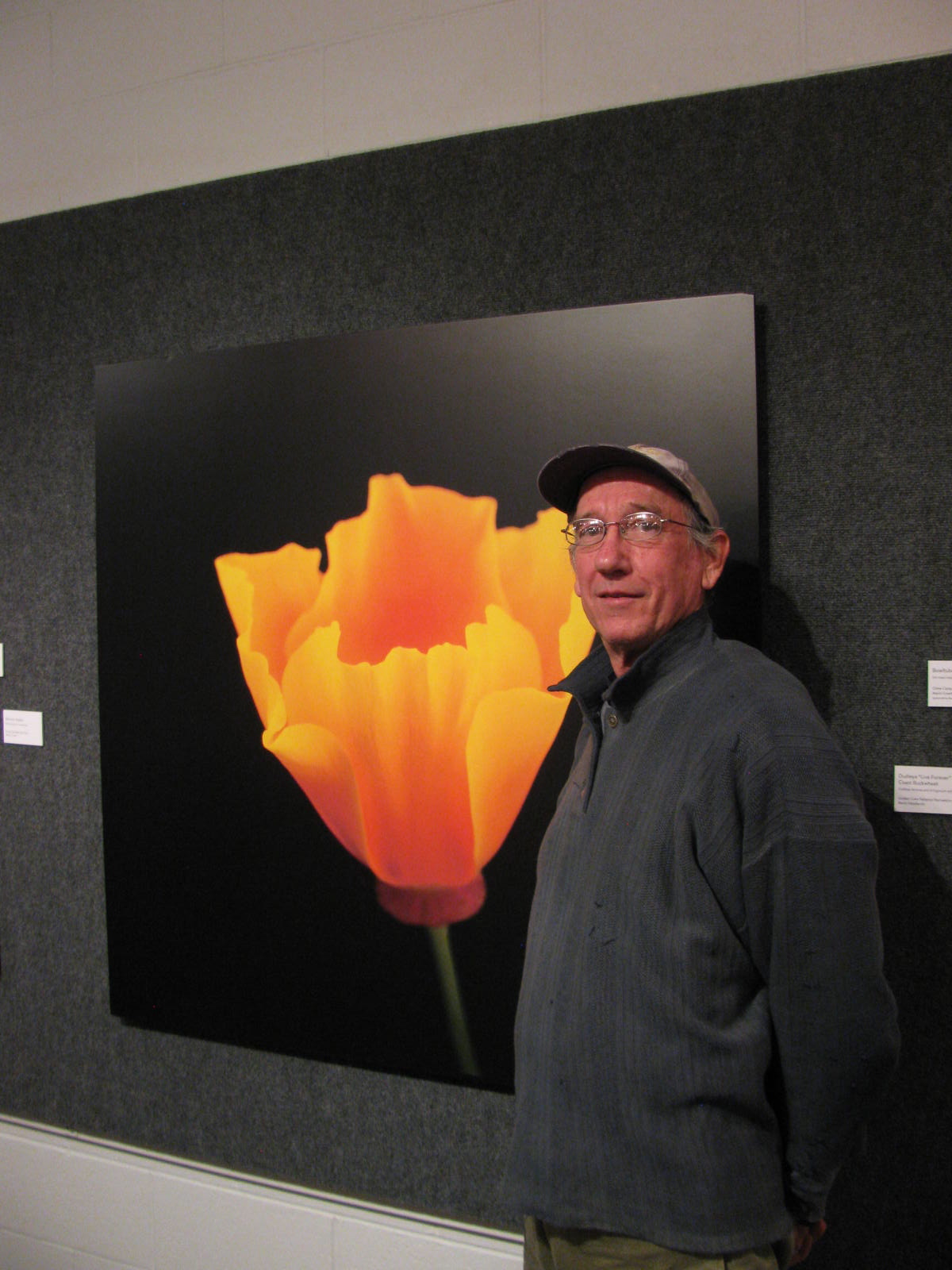
Dr Rob Parmelee
Specialities: Specialities: Ecology, Environmental Science, Entomology, Agroecology, Plant Science, Soil Science, Life Sciences, Earth Sciences
PhD Ecology, University of Georgia, USA
MS Entomology, University of Georgia, USA
BS Entomology, University of California, Riverside, USA
Rob Parmelee’s graduate research focused on soil fauna and decomposition and nitrogen cycling in agroecosystems and the development of food web models. At Rutgers University, Dr Parmelee examined the effects of roots on microbial ecology and nutrient turnover in pine forests. In ecotoxicological research, he designed an ecosystem-based microcosm to test the effects of heavy metals and organic pollutants on soil communities. Dr Parmelee then moved to Ohio State University to lead projects on earthworms as key organisms controlling nutrient loss and conservation.
After careers in research and as a college professor teaching biology, statistics, and geography, Dr Parmelee began a dedicated career as a scientific editor. He has edited over 1000 manuscripts in the natural and physical sciences. Rob has an in-depth understanding of the challenges faced by non-native English-speaking scientists in advancing their work because he has co-authored publications with scientists from China, Russia, Spain, and Taiwan.
>Dr Parmelee has published more than 50 articles, including in the following peer-reviewed journals: Applied Soil Ecology (1996; 4, 95-105), Biology and Fertility of Soils (1993; 15, 113-119), Bioscience (1986; 36, 374-380), Ecological Applications (1997; 7, 1341-1349), Ecological Monographs (1992; 62, 569-591), Ecology (1997; 78, 348-362), Environmental Toxicology and Chemistry (1997; 16, 1212-1217), Journal of Nematology (1986; 18, 403-407), Oecologia (2000; 124, 561-573), Pedobiologia (1988; 32, 353-361), Soil Biology and Biochemistry (1999; 31, 487-492), and Soil Science Society of America Journal (1991; 55, 998-1004).

Dr Thomas Leach
Specialities: Specialities: Industrial Biotechnology, Molecular Biology, Microbiology
2011 – BSc Molecular Biology, University of Sheffield, UK
2012 – MSc Biological and Bioprocess Engineering, University of Sheffield, UK
2018 – PhD Biotechnology, University of Manchester, UK
Thomas Leach received a PhD for his work on Chinese Hamster Ovary cell culture and therapeutic protein glycan analysis. His research was in devising analytical strategies for the biotechnology industry to improve therapeutic product quality. This research was achieved with industrial sponsors Pall Life Sciences as part of the UK Bioprocessing Research Industry Club.
After achieving his PhD, Dr Leach pursued a career as a freelance scientific illustrator and editor. He has since created cover artwork for the scientific nanomaterial journal Small, illustrated graphical abstracts, and produced figures for university and commercial clients. He has also edited papers for numerous international universities.
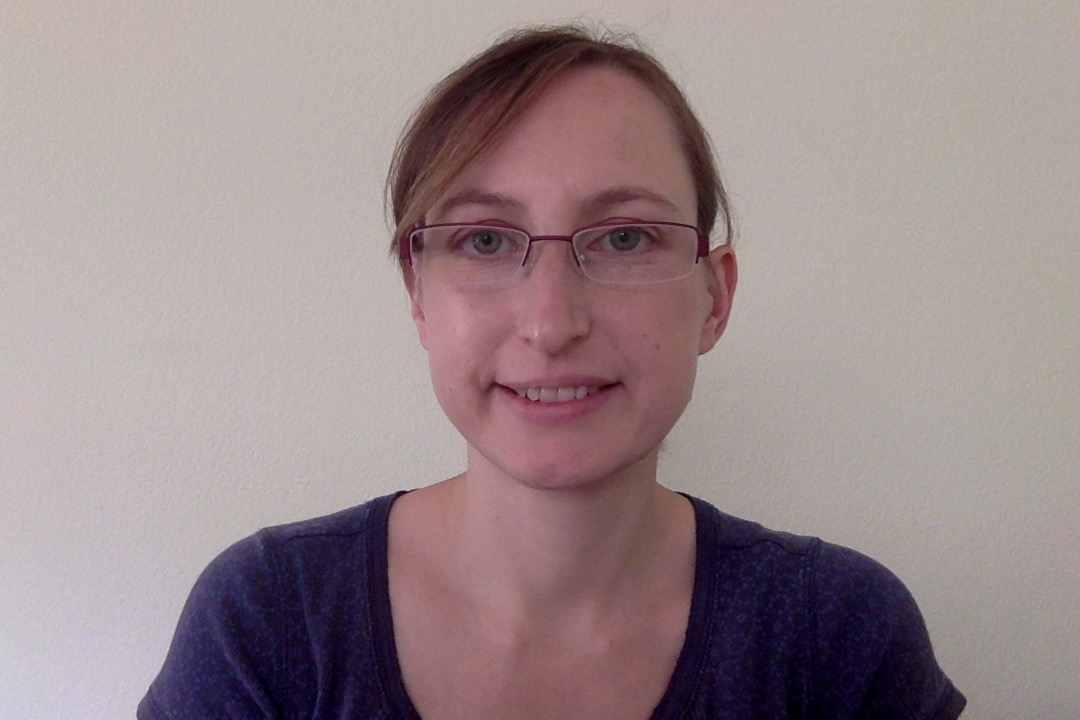
Dr Victoria Hurr
Specialities: Specialities: Microbiology, Plant Science
2002 – PhD Plant Molecular Biology, University of East Anglia, UK
1998 – BSc Biochemistry with Applied Molecular Biology,
University of Manchester, UK
Victoria Hurr received a PhD in plant molecular biology for her work on understanding the stability of transgene structure and expression in the model crop rice. She then spent more than six years working on the molecular improvement of abiotic stress tolerance in turf and forage grass, and researching the mechanisms controlling the gravitropic response of the peanut gynophore.
During her research career, Dr Hurr co-authored more than a dozen papers and book chapters, including ‘Stress inducible expression of the DREB1A transcription factor from xeric, Hordeum spontaneum L. in turf and forage grass (Paspalum notatum Flugge) enhances abiotic stress tolerance’, in Transgenic Research (2008; 17, 93-104); ‘Strategies for precise quantification of transgene expression levels over several generations in rice’, in Journal of Experimental Botany (2004; 55, 1307-1313); and ‘The relationship between homozygous and hemizygous transgene expression levels over generations in populations of transgenic rice plants’, in Theoretical and Applied Genetics (2002; 104, 553-561).
Since 2009, Dr Hurr has worked in scientific editing, first as a member of an in-house team editing manuscripts in all areas of microbiology, and then as a freelance editor of both pre-submission and accepted papers in life sciences.

Pam Thompson
Specialities: Molecular Genetics and Biology, Medical Genetics
Pam Thompson received a PhD in molecular genetics for her work characterizing a model for the human genetic disorder of copper processing, Menkes disease. After achieving her PhD, Dr Thompson pursued a career in medical research and has authored 18 journal papers to date.
Recent publications include ‘The 9p21.3 risk of childhood acute lymphoblastic leukaemia is explained by a rare high-impact variant in CDKN2A’, published in Scientific Reports (2014; 14;5:15065); ‘The extended MHC genetic variation in childhood ALL risk’, an invited review, in Frontiers in Oncology (2013; DOI: 10.3389/fonc.2013.00300); and ‘Evidence of population level differences in meiotic recombination rate at an MHC class II hotspot in childhood acute lymphoblastic leukemia suggests a role in genetic susceptibility’, in PLOS ONE (2014; 9(6). DOI: 1371/journal.pone.0100480), for which she was senior and corresponding author. Dr Thompson’s other co-authored publications have been published in prestigious journals including Science, Blood, Genomics, and Protein Science.
Dr Thompson has six years of experience as a scientific editor and has edited hundreds of papers, mainly for authors whose first language is not English.
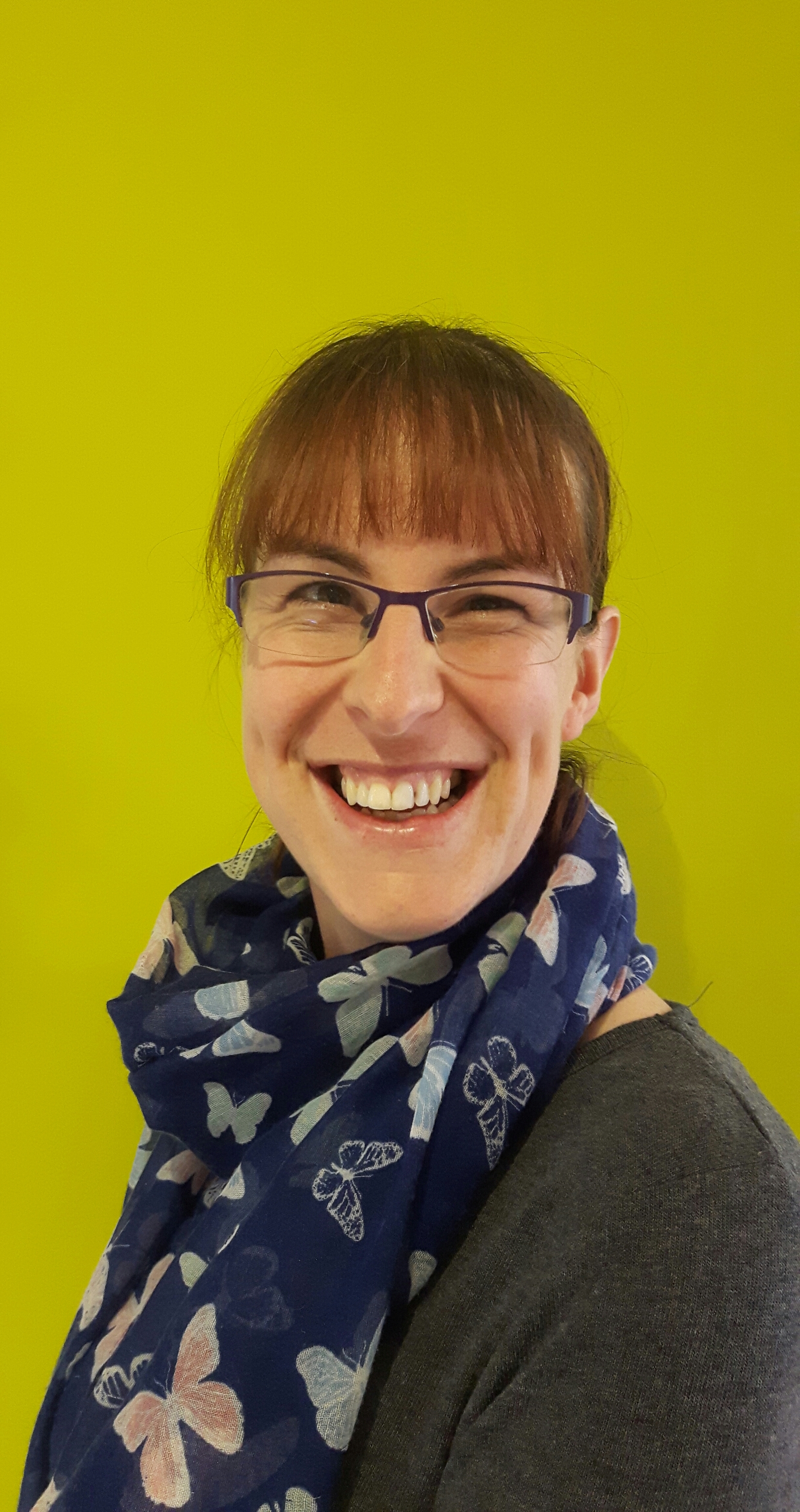
Dr Abi Layton
Specialities: Molecular and Cellular Microbiology, Bacterial Pathogenesis
2004 – PhD Microbiology, University of Reading, UK
2000 – BSc Applied and Human Biology, Aston University, UK
Abi Layton was awarded her PhD for her work characterizing type III secretion system effector proteins in Salmonella. She continued this work as a post-doctoral scientist at the Institute for Animal Health, a BBSRC-funded research institute, with projects looking at inhibitors of bacterial type III secretion systems.
She accrued 10 years of experience in research laboratories, including promotion to Senior Post-Doctoral Scientist, before moving into scientific publishing. She worked for the Society for General Microbiology as a Staff Editor in the Journals Department and has been a freelance scientific editor since 2013, combining her research experience and expertise in molecular and cellular microbiology with a love of writing.
During her time as an active research scientist, Dr Layton co-authored papers in a number of peer-reviewed journals and has a publication record that includes first-author papers and review articles. Her work includes ‘Identification of motifs of Burkholderia pseudomallei BimA required for intracellular motility, actin binding and actin polymerization’, in Journal of Bacteriology (2011; 193:1901-1910).
Dr Claire Weeks
Specialities: Animal Welfare, Animal Housing environment, Animal Transport, Animal Behavior
1983 – PhD Calf Welfare, University of Bristol, UK
1978 – BSc Agricultural Science (Environmental Physics, Animal Production and Nutrition), University of Nottingham, UK
Claire Weeks’ PhD compared the performance of veal calves reared in two systems of husbandry. Her systematic observations of the development and range of behavior patterns were put in context by studying calves artificially reared for beef or milk production, and calves with their dam at pasture. This work provided evidence that led to the EU banning the rearing of veal calves in crates, which were so restrictive in size that calves could not lie down, turn around, or groom themselves.
As well as writing or co-authoring some 80 refereed full or conference papers in academic journals, she has contributed chapters to various books and edited the book ‘Measuring and auditing broiler welfare’. She has also enthusiastically disseminated scientific knowledge in trade journals, winning the Guild of Agricultural Journalists' John Deere Award in 1991, followed by the George May Award for Poultry Journalism in 1994.
An experienced reviewer of scientific articles, Dr Weeks continues to undertake research with recent publications including co-authored papers examining farmer attitudes and consumer attitudes to injurious pecking in laying hens.
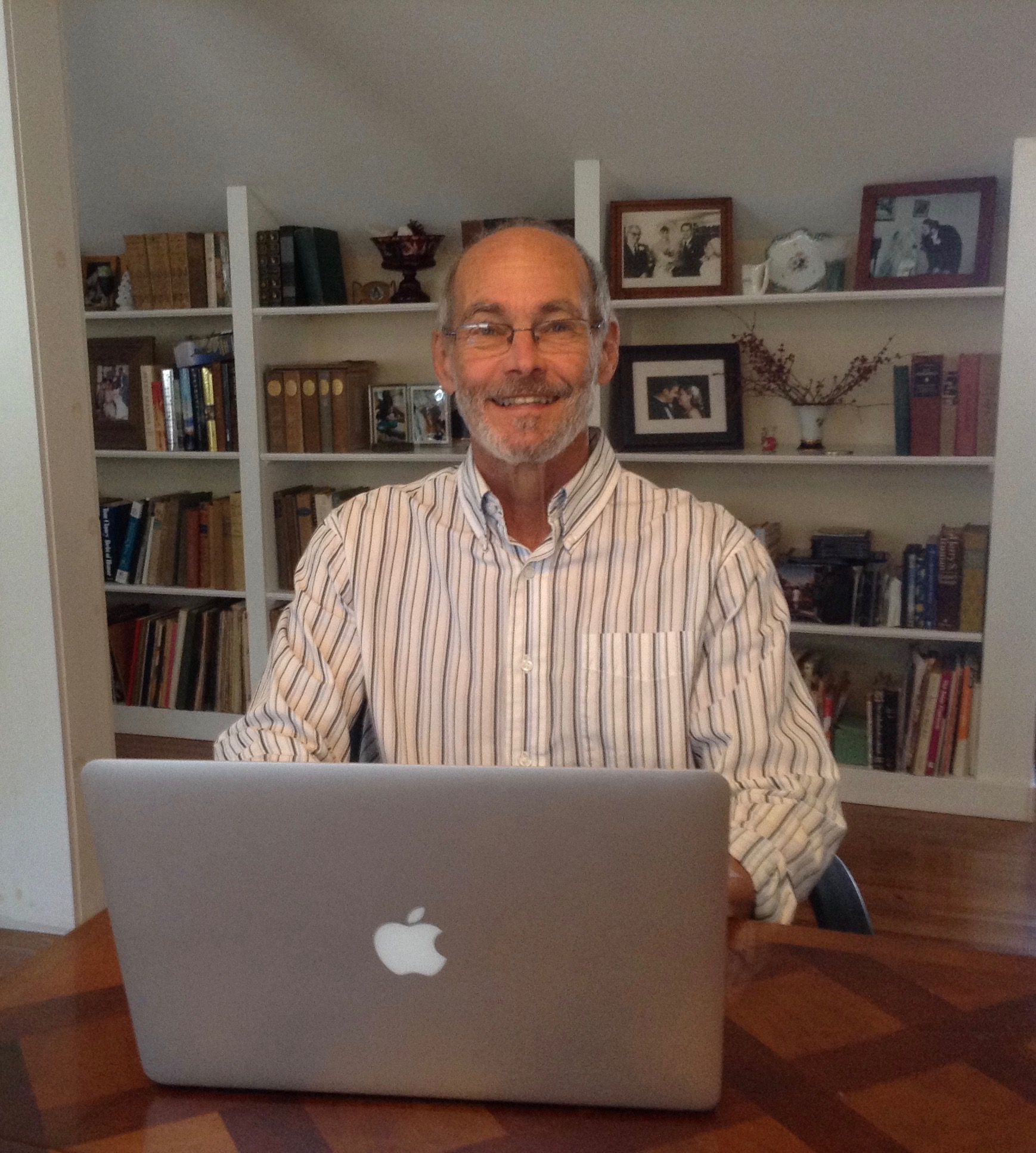
Dr Clement Weinberger
Specialities: Cell Biology
1976 – PhD Cell Biology, New York University, USA
1974 – MS Cell Biology, New York University, USA
1967 – BS Biology, Farleigh Dickinson University, USA
Clement Weinberger’s graduate research explored development of spatial patterns in chicken and frog embryo models, with some of the publications arising from this research still being cited today. Some of his observations on cell behavior have since been confirmed and extended by new research, while others have been re-interpreted in light of new knowledge on the regulation of gene expression.
As a research fellow at a cancer center, he worked in a laboratory that isolated malignant tumor cells from surgical specimens and grew them in culture, using the cell lines to evaluate potential anti-tumor agents. The laboratory also developed monoclonal antibodies against the tumor cells, some of which were eventually found to be effective in treating patients and are still used today.
After a career spanning four decades and multiple scientific roles – including assistant professor at NYU, Oncology Services Specialist for Molecular Oncology, Inc., and Director of Medical Communications and Training for Sanofi Pasteur, Dr Weinberger became a freelance scientific editor. Dr Weinberger successfully published many papers while involved with active research.
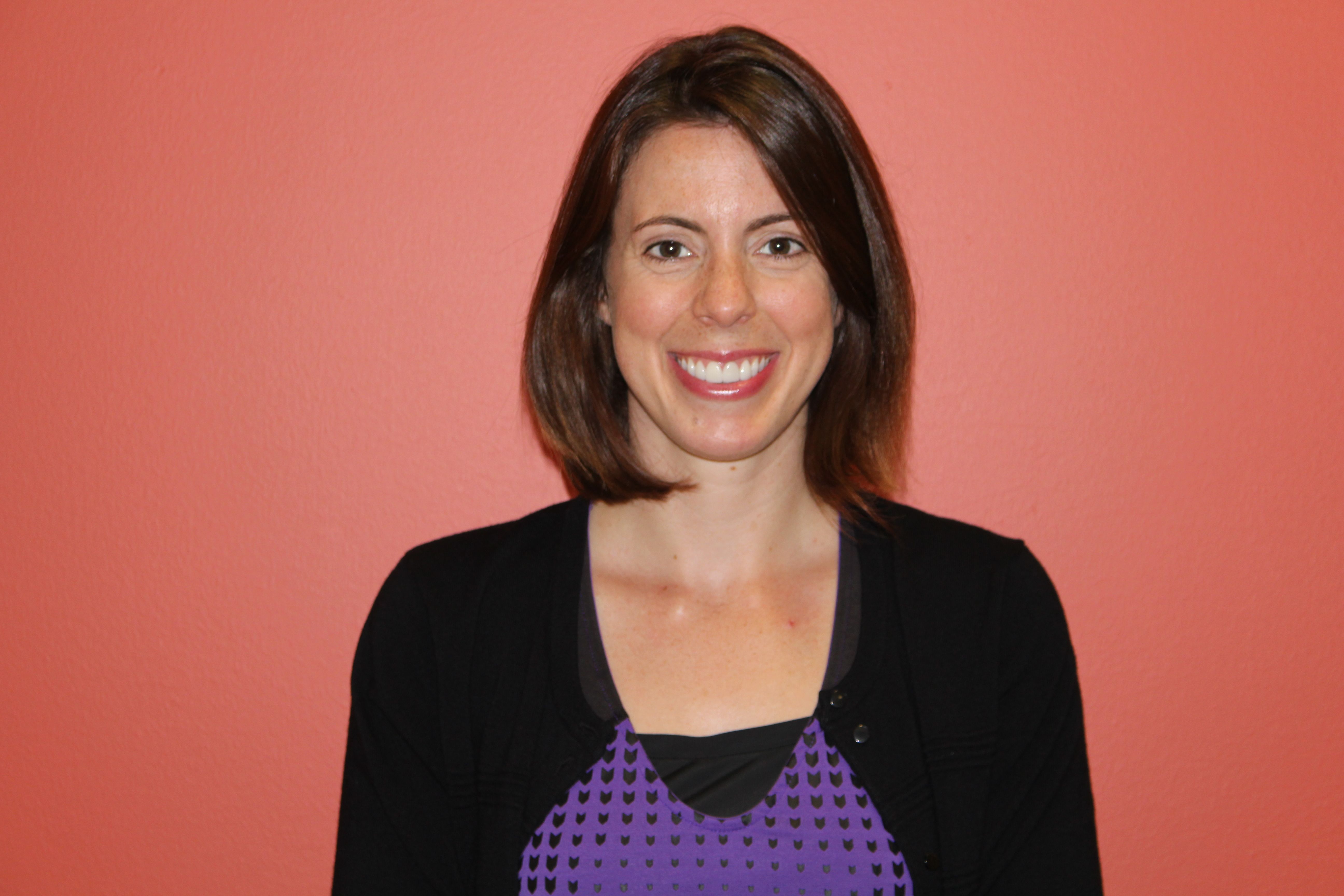
Dr Emily Benesh
Specialities: Cell Biology, Developmental Biology, Cancer Biology
2012 – PhD Cell and Developmental Biology, Vanderbilt University, USA
2005 – BS Biology, Gannon University, USA
Emily Benesh received a PhD in cell and developmental biology for identifying the relationship between two genes and regulated cell movement of the epicardium, a tissue critical for blood vessel development and maintenance. She later carried out post-doctoral research at Washington University on the developmental origins of prostate cancer in murine models. She additionally investigated causal links between diet/obesity and prostate cancer while training in the Transdisciplinary Research in Energetics and Cancer program. Dr Benesh developed her translational research expertise by pursuing a Master’s in clinical investigation in the Washington University School of Medicine.
Dr Benesh has also co-authored several papers in leading journals including ‘Bves and NDRG4 regulate epicardial cell migration through autocrine extracellular matrix cell surface delivery’, in Molecular Biology of the Cell (2013; 24:22, 3496-3510); ‘Maternal high-fat diet induces prostate epithelial cell hyperproliferation in male offspring’, in Nature Scientific Reports (2013; 3, 3466); ‘A Case Study Approach to Train Early-Stage Investigators in Transdisciplinary Research’, in Transdisciplinary Journal of Engineering and Science (2015; 6:12-22); and, recently, ‘Maternal obesity, cage density, and age contribute to prostate hyperplasia in mice’, in Reproductive Sciences (2016; 23(2):176-85).

Dr Fiona Stansfield
Specialities: Agriculture, Clinical Embryology, Reproductive Physiology
2012 – PhD Veterinary Medicine, University of Pretoria, South Africa
2006 – MSc Clinical Embryology, University of Leeds, UK
1985 – BSc Agriculture, University College of Wales, UK
While working towards her MSc in clinical embryology, Fiona became interested in the reasons for cessation of reproductive life in women. She was uniquely placed while living in Zimbabwe to collect biological specimens from elephants (a mammal with a similar natural life span to humans) for a PhD study to compare the elephants’ oocyte reserve with that of women. Elephants have been observed to breed with a regular calving pattern until they die around the age of 70 years and Dr Stansfield’s studies showed that they appear to be more parsimonious than women in the use of their oocyte reserve throughout later life.
In addition to over three years’ experience as a scientific editor, Dr Stansfield has co-authored several papers published in leading journals, including ‘Molecular characterization of adipose tissue in the African elephant (Loxodonta africana)’, in PLOS One (2014; 9 (3): e91717); ‘Ovarian and placental morphology and endocrine function in the pregnant giraffe (Giraffa camelopardalis)’, in Reproduction (2013; 145, 541-554); and ‘Skeletal development in the African elephant and ossification timing in placental mammals’, in Proceedings of The Royal Society B Biological Science (2012; 7, 279, 2188-2195).
Dr Nick Walton
Specialities: Plant Science. **It is with great sadness that we announce the passing away of Nick Walton. A fine editor and a wonderful human being.**

Dr Pam Thompson
Specialities: Molecular Genetics and Biology, Medical Genetics
1999 – DPhil Molecular Genetics, University of Oxford, UK
1995 – BSc Biological Sciences, Lancaster University, UK
Pam Thompson received a DPhil in molecular genetics for her work characterizing a model for the human genetic disorder of copper processing, Menkes disease. After achieving her DPhil, Dr Thompson pursued a career in medical research and has authored 18 journal papers to date.
Recent publications include ‘The 9p21.3 risk of childhood acute lymphoblastic leukaemia is explained by a rare high-impact variant in CDKN2A’, published in Scientific Reports (2014; 14;5:15065); ‘The extended MHC genetic variation in childhood ALL risk’, an invited review, in Frontiers in Oncology (2013; DOI: 10.3389/fonc.2013.00300); and ‘Evidence of population level differences in meiotic recombination rate at an MHC class II hotspot in childhood acute lymphoblastic leukemia suggests a role in genetic susceptibility’, in PLOS ONE (2014; 9(6). DOI: 1371/journal.pone.0100480), for which she was senior and corresponding author. Dr Thompson’s other co-authored publications have been published in prestigious journals including Science, Blood, Genomics, and Protein Science.
Dr Thompson has six years of experience as a scientific editor and has edited hundreds of papers, mainly for authors whose first language is not English.
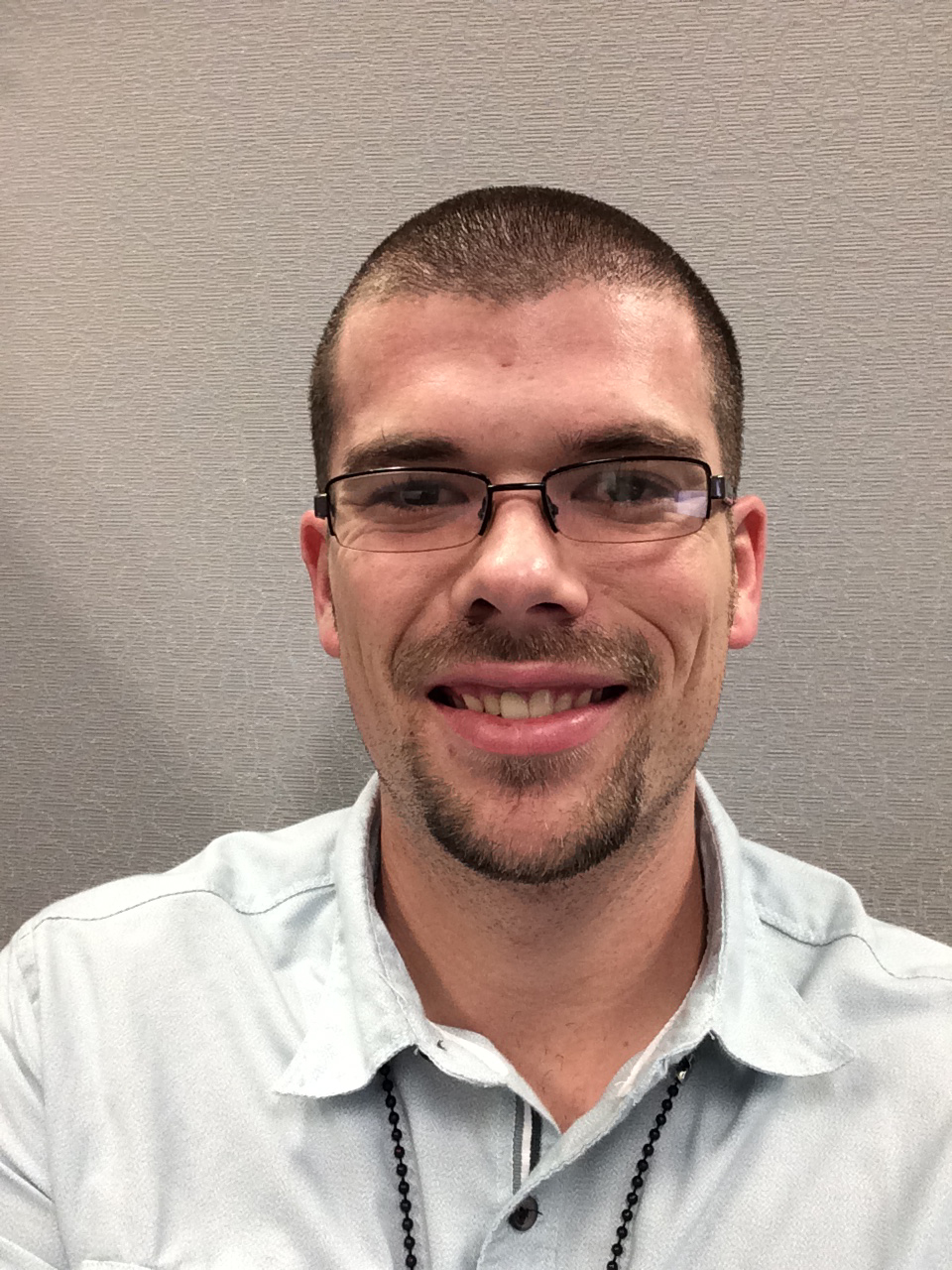
Dr Drew DeJarnette
Specialities: Specialities: Physics, Nanotechnology, Renewable Energy, Optics, Remote Sensing, Electronics, Image Processing, Artificial Intelligence
2014 – PhD Microelectronics and Photonics, University of Arkansas, USA
2010 – MS Mathematics, Missouri State University, USA
2008 – BA Physics and Mathematics, Drury University, USA
After receiving his PhD, Drew DeJarnette worked as a researcher in a variety of fields including nanotechnology, solar energy, and in the defense sector. He has worked on a range of projects including nanoscale chemical and biological sensors, concentrating solar power, laser systems, and machine learning for image processing. In addition to research, Dr DeJarnette has worked with the US government through the Department of Energy to review and evaluate proposals seeking government funding and wrote a $21 million funding solicitation on solar desalination.
While working full time in industry, Dr DeJarnette has pursued his passion for science dissemination by writing and editing professionally as an entrepreneur for the past three years, including writing summary articles with the American Institute of Physics and editing over 600 science and engineering manuscripts with various editing service companies.
Dr DeJarnette has also authored or co-authored more than 30 peer-reviewed research articles and proceedings on a wide variety of science and engineering topics (full list at scholar.google.com) and has authored a book and book chapter.
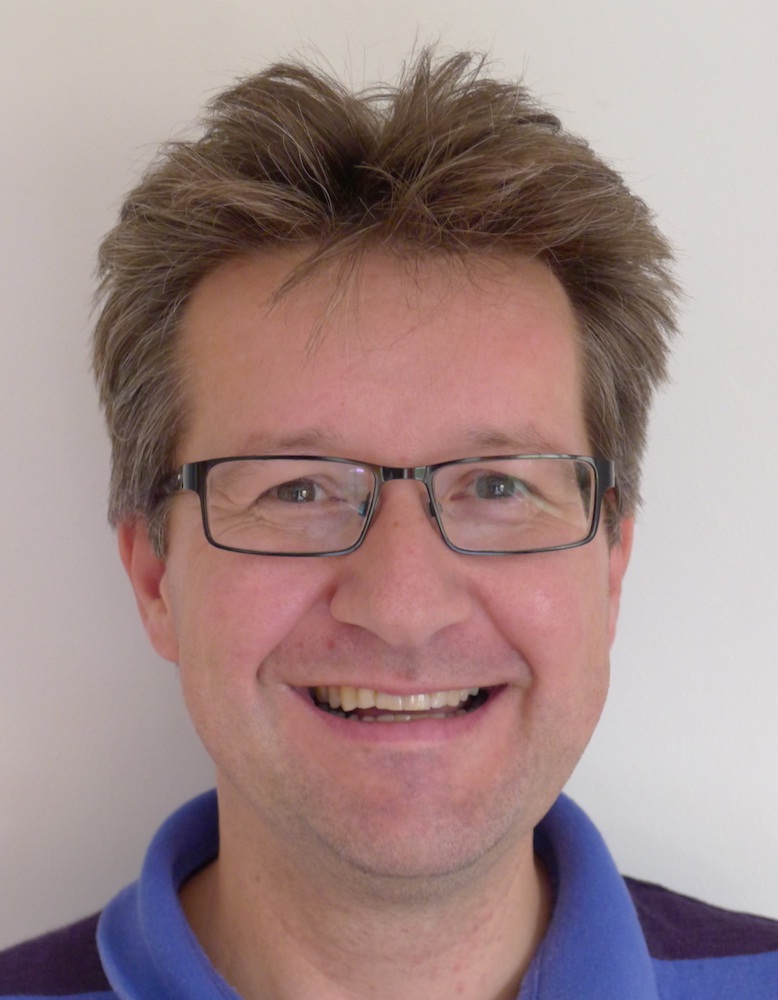
Dr Jonathan Kobine
Specialities: Specialities: Physics, Applied Mathematics, Engineering
1992 – PhD Physics/Mathematics, University of Oxford, UK
1989 – BSc Physics, University of Edinburgh, UK
Jonathan Kobine has worked in the UK university sector as both a researcher and a lecturer. He is an expert in the physics and mathematics of fluid dynamics applied to engineering and physical science. His editorial experience ranges over journal papers, dissertations, conference proceedings, and book chapters.
During twenty-five years of scientific research, Dr Kobine has authored or co-authored several papers published in leading journals, including ‘The removal of food fat based soils during the washing of fabrics’, in Chemical Engineering Research and Design (2013; 91, 1602-1613), and ‘Nonlinear resonant characteristics of shallow fluid layers’, in Philosophical Transactions of the Royal Society A: Mathematical, Physical and Engineering Sciences (2008; 366, 1331-1346).
He has also published work in the Proceedings of the Royal Society A:Mathematical, Physical and Engineering Sciences Journal of Fluid Mechanics, and Physics of Fluids. Dr Kobine is a former University Research Fellow of the Royal Society, the oldest scientific academy in continuous existence.
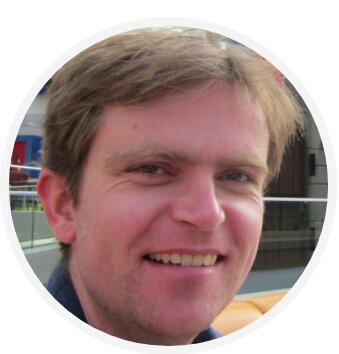
Dr Richard Keane
Specialities: Specialities: Meteorology, Environmental Science, Fluid Dynamics
2005 - DPhil Physics, Oxford University, UK
2001 - MPhys Physics, Oxford University, UK
Richard Keane received a DPhil in physics for his work on the chaotic mixing properties of the thermally-driven rotating annulus, a laboratory apparatus that is used as an analogue for studying geophysical fluid flows. He has subsequently worked as a computational atmospheric scientist at a range of universities and government research centres in the UK and Germany, carrying out research on the parameterisation of atmospheric convection, the generation of probabilistic weather forecasts, and assessing how global circulation models simulate the Indian summer monsoon.
Dr Keane has authored several papers published in leading scientific journals, including Quarterly Journal of the Royal Meteorological Society, Journal of the Atmospheric Sciences, and Physica D. He has edited scientific articles for non-native English speakers, and has conducted peer reviews for Quarterly Journal of the Royal Meteorological Society, Fluid Dynamics Research, Meteorological Applications, Journal of Advances in Modeling Earth Systems and Journal of Geophysical Research.
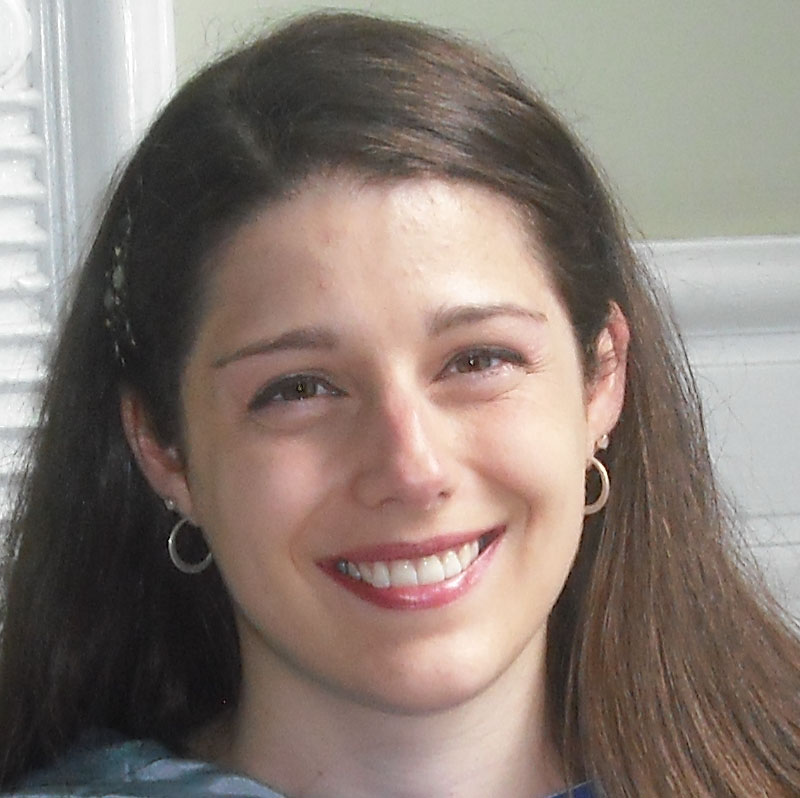
Dr Amy Capes
Specialities: General Chemistry, Medicinal Chemistry
2011 – PhD Medicinal Chemistry, University of Dundee, UK
2007 – BSc Chemistry, University of Edinburgh, UK
Amy Capes received a PhD in medicinal chemistry for her work designing and synthesizing new compounds to treat the tropical parasitic disease, sleeping sickness. After achieving her PhD, Dr Capes pursued a career in scientific editing, combining her expertise in chemistry with her enthusiasm for writing.
While accruing over five years’ experience as a scientific editor, Dr Capes has co-authored several papers published in leading journals, including ‘Probing the Substrate Specificity of Trypanosoma brucei GlcNAc-PI de-N-Acetylase with Synthetic Substrate Analogues’, in Organic & Biomolecular Chemistry (2014, 12, 1919–1934), and ‘Fragment Screening Reveals Salicylic Hydroxamic Acid as an Inhibitor of Trypanosoma brucei GPI GlcNAc-PI De-N-Acetylase’, in Carbohydrate Research (2014, 387, 54–58).
Dr Capes has also published work in Tetrahedron Letters, Organic Letters, and Bioorganic & Medicinal Chemistry, and in 2011 won the prestigious Max Perutz Science Writing Award for her essay, ‘Putting Sleeping Sickness on the Radar’, printed in The Guardian, a leading UK newspaper.

Dr Brett Kraabel
Specialities: Physics, Photophysics, Holography
2011 – PhD Physics, University of California, USA
2004 - MBA in Technology Management, Grenoble Graduate School of Business, France
Brett Kraabel graduated from the University of California where he worked with Professor Alan Heeger (Nobel Prize in chemistry, 2000) on the ultrafast photophysics of conjugated polymers.
Dr Kraabel spent two years in France working at the Laboratory of Applied Optics (LOA), where he applied nonlinear optical methods and ultrafast spectroscopy to the study of optical processes in organic and inorganic semiconductors. He later moved to the Los Alamos National Laboratory to work on ultrafast holography and on the photophysics of charge-transfer systems involving C60, nanocrystals, and self-assembled polymer matrices.
Dr Kraabel began his editing career at the LOA as the in-house editor for English-language articles and taught physics and mathematics at the University of New Mexico. He now works as a science editor and writer, as well as teaching at the Université Joseph Fourier in Grenoble.
Dr Kraabel has authored over twenty articles in peer-reviewed journals, including ‘Femtosecond transient absorption study of oriented poly(9,9- dioctylfluorene) film: Hot carriers, excitons and charged polarons’, in Physical Review B (2001; 64, 193201); ‘Highly efficient energy and charge transfer in thin self-assembled multilayered polymer films’, in Synthetic Metals (2001; 121, 1367); and ‘Triplet exiton generation, transport and relaxation in isolated polydiacetylene chains: subpicosecond pump-probe experiments’, in Chemical Physics (1998; 227, 83).
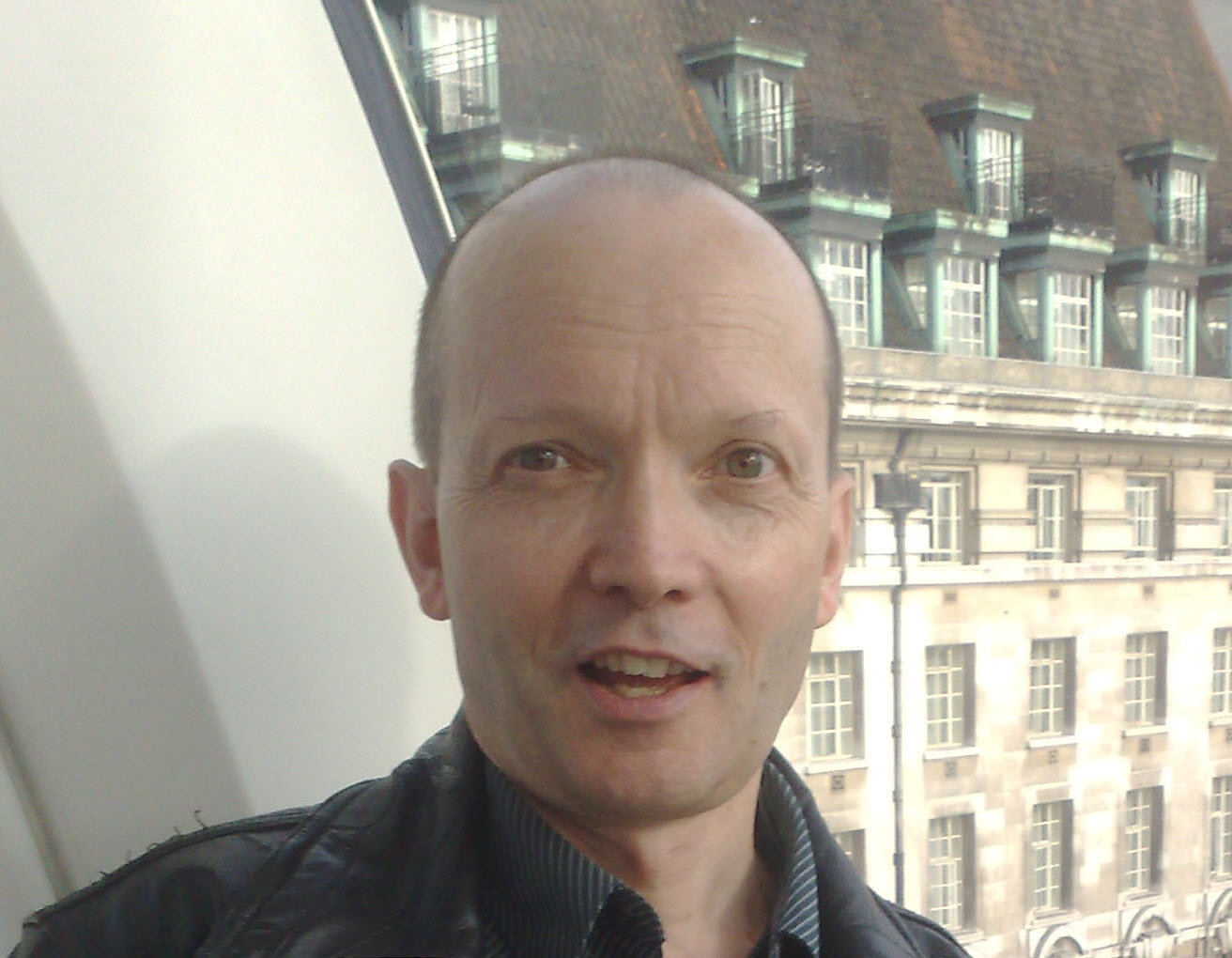
Dr Gerard Delaney
Specialities: Chemistry
1980 – PhD Chemistry, University College Dublin, Ireland
1976 – BSc Chemistry, BSc (Minor) Mathematics, University College Dublin, Ireland
Gerard Delaney received a PhD in chemistry for his research into the structure and transport properties of alcohol–water mixtures containing dissolved electrolytes. He carried out post-doctoral research into the energy-transduction processes and potential applications of biofuel cells, and was sponsored by Cambridge Life Sciences PLC to research both the electrochemistry and the practical feasibility of enzyme-based biosensors.
Dr Delaney has co-authored several papers published in leading journals, including ‘The viscosity and structure of solutions. Part 2.—Measurement of the B coefficient of viscosity for alkali-metal chlorides in propan-1-ol–water mixtures at 25 and 35 °C’, in Journal of the Chemical Society Faraday Transactions 1 (1986; 82, 2195–2206), and ‘Electron transduction from enzymes and bacteria’, in Analytical Proceedings of the Royal Society of Chemistry (1986; 23, 143–144). He was also the joint physics and chemistry contributor to Dictionary of Theories (Ed. Jennifer Bothamley), published by Gale Research International Ltd in 1993.
Dr Delaney has more than 25 years’ experience working for publishers, including Routledge, Taylor & Francis, Bloomsbury, HarperCollins, Hodder Education, Oxford University Press, Pearson Education, ICE Publishing (Thomas Telford Ltd) and Cambridge University Press. He is an Advanced Professional Member of the Society for Editors and Proofreaders.
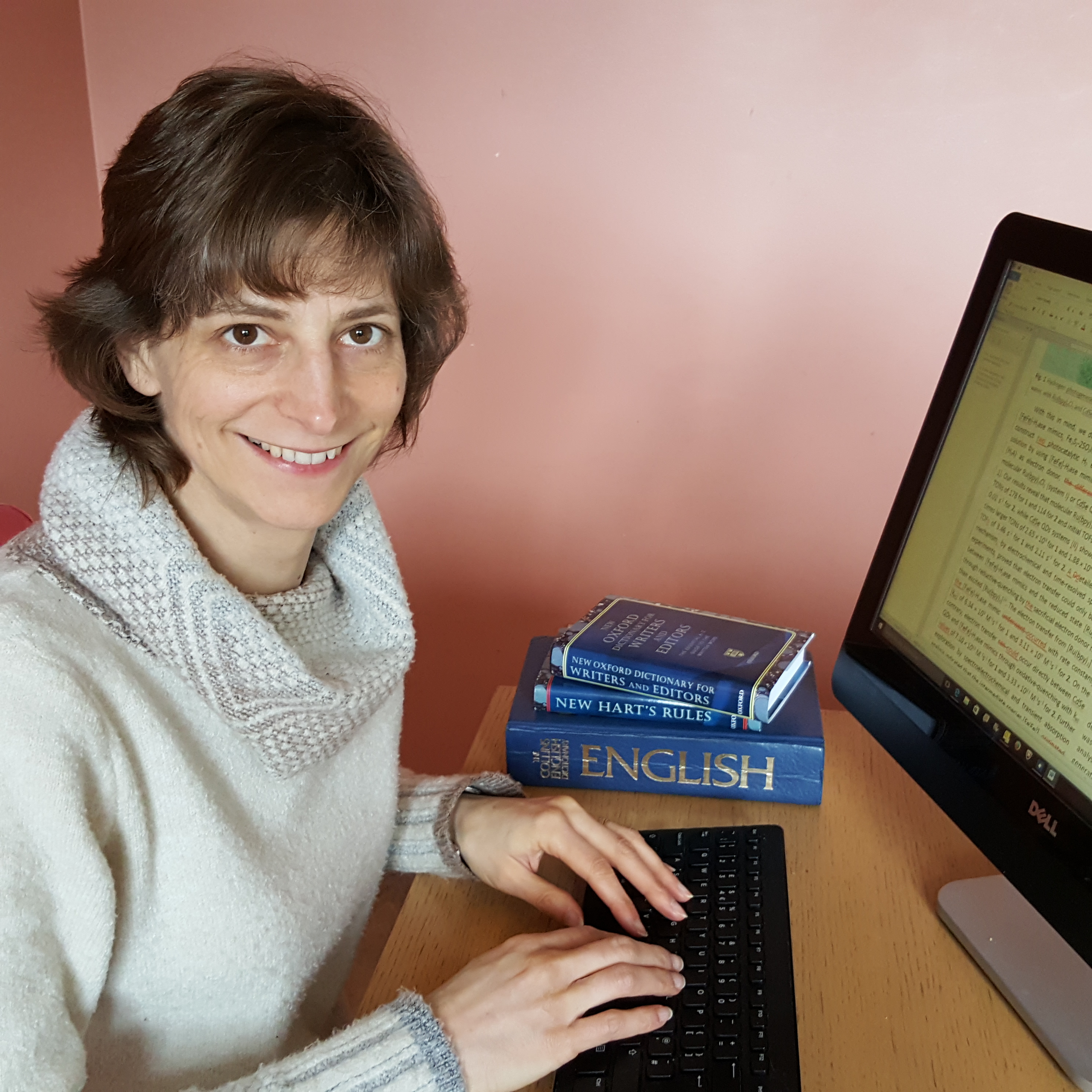
Dr Jackie Hewson
Specialities: General Chemistry, Analytical Chemistry, Biochemistry, Biophysics, Molecular Biology, Virology
1993 – DPhil Biochemistry, University of Oxford, UK
1990 – BA Chemistry University of Oxford, UK
2013 – Certificate of Competence in Proofreading and Copy-editing – Chapterhouse Publishing
Jackie Hewson studied chemistry obtaining a first-class degree from St. Catherine’s College, University of Oxford. She subsequently received a DPhil from the Department of Biochemistry at the University of Oxford for a thesis entitled ‘Biophysical and Molecular Biological Studies on Peripheral Retinal Proteins’. Her career then took her to the Karolinska Institute, Sweden, to conduct post-doctoral research into the molecular mechanisms of steroid action, working in particular on the glucocorticoid receptor. She authored and co-authored a range of peer-reviewed articles in journals including Biochemistry, Molecular and Cellular Biology, Molecular Endocrinology, Mutation Research, and Cell Growth and Differentiation.
In 1996, Dr Hewson joined the UK Civil Service’s Chemicals and Biotechnology Directorate. Her work involved the development of Government policy relating to the growing biotechnology industry and the appraisal and monitoring of grant applications, particularly from small and medium-sized enterprises.
Dr Hewson obtained a qualification in editing and proofreading from a leading UK editorial training organization.
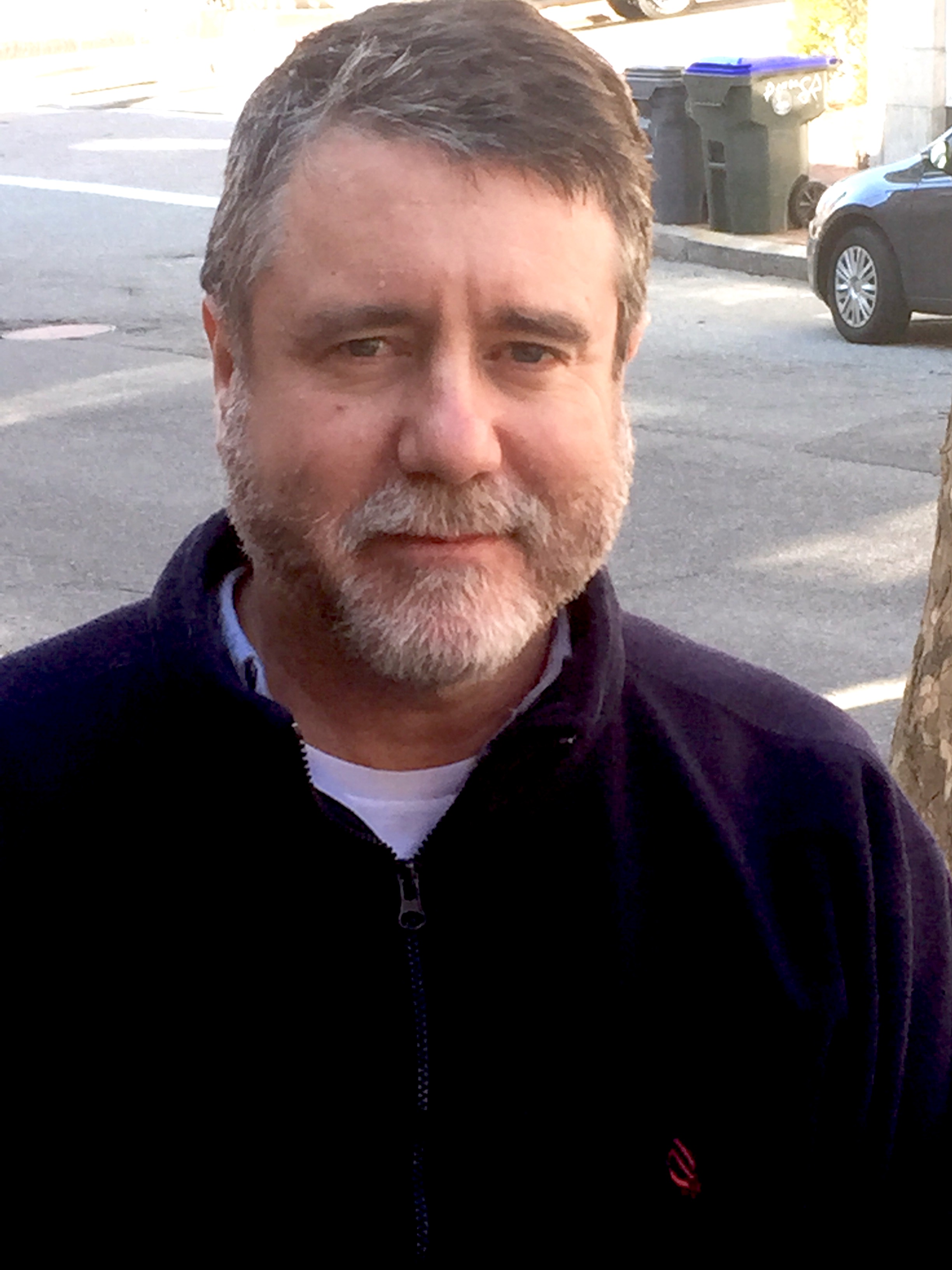
Dr Jerry H. Brown
Specialities: Structural Biology, Chemistry
1991 – PhD in Chemistry, Harvard University, USA
1983 – BA in Chemistry, Brandeis University, USA
Jerry Brown received a PhD in Chemistry for his work on the structures of immune system proteins. He has since carried out structural studies of blood clotting and muscle proteins as a Postdoctoral Fellow and then a Senior Research Scientist.
Publication of research results and preparation of grant applications have been major parts of his work responsibilities. Dr Brown has published over 30 papers in 19 different journals, including technical and high-impact research journals (such as Nature and PNAS), as well as in popular magazines (American Scientist). He has also served as an invited referee for manuscripts submitted to Acta Cryst, PNAS, Proteins, Biochemistry, Journal of Structural Biology, and Diabetes, as well as an invited reviewer for a grant submitted to the National Science Foundation.
Since 2011, Dr Brown has professionally edited several grants and over 200 research papers for writing style and scientific content.
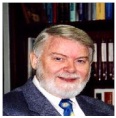
Dr Lawrence H. Keith
Specialities: Chemistry
1966 – PhD Chemistry, University of Georgia, USA
1963 – MSc Chemistry, Clemson University, USA
1960 – BSc Chemistry, Stetson University, USA
Lawrence H. Keith began his career at the United States Environmental Protection Agency, before transferring to Radian International and continuing as a Vice President at Waste Policy Institute, a non-profit consulting company.
Dr Keith has over 175 publications which include 65 books and book chapters, over 50 electronic books and expert knowledge systems, and more than 50 journal articles, government reports, and patents. He is an internationally recognized expert in chemistry and has provided hundreds of presentations to industrial, government, and academic institutions and organizations all over the world.
Since retiring, Dr Keith has put his 30 years of experience in editing, proofreading, and publishing to use as a freelance editor.

Dr Leo Holroyd
Specialities: Computational Chemistry
2015 – PhD Computational Chemistry, University of St Andrews, UK
2006 – MSc Chemistry, University College London, UK
Leo Holroyd’s PhD focused on the mutagenic agent 5-bromouracil (BrU). Using a variety of methods (including ab initio, density functional theory, and molecular dynamics), Dr Holroyd and his colleagues investigated how this thymine analogue forms incorrect base-pairs in DNA. Their results supported the ‘rare tautomer’ model, in which the enol tautomer of BrU is stabilized by the bromine substituent.
Dr Holroyd has co-authored several papers published in leading journals, including ‘Stacking of the mutagenic base analogue 5-bromouracil: energy landscapes of pyrimidine dimers in gas phase and water’, in Physical Chemistry Chemical Physics (2015; 17, 30364-30370); ‘Tyrosine-glycine revisited. Resolving the discrepancy between theory and experiment’, in Chemical Physics Letters (2015; 621,124-128); and ‘Stacking of the mutagenic DNA base analog 5-bromouracil’, in Theoretical Chemistry Accounts, (2014; 33, 1431-1443).
He also has experience with several languages, including French, German, and Russian, and is an associate member of the Royal Society of Chemistry.
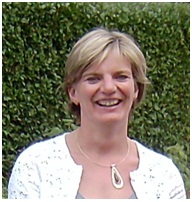
Dr Rachel Danks
Specialities: Medical sciences, Biochemistry, Chemistry
1996 – PhD Bioinorganic Chemistry, University of Edinburgh, UK
1993 – BSc Chemistry, University of Durham, UK
Rachel Danks received a PhD in bioinorganic chemistry for her work in the synthesis and characterization of transition-metal complexes of nitrogen-containing macrocycles. After achieving her PhD, Dr Danks pursued a career in the pharmaceutical industry across a variety of roles and therapy areas, rising to the position of Account Director in a large creative healthcare agency.
For the past 11 years, Dr Danks has worked as a freelance medical writer and editor. During this time, she has co-authored numerous peer-reviewed papers and book chapters and has written several commercial market analysis reports relating to the supplements and pharmaceutical industry. Dr Danks has also edited hundreds of manuscripts for publication in leading academic journals, most of which were written by speakers of languages other than English.
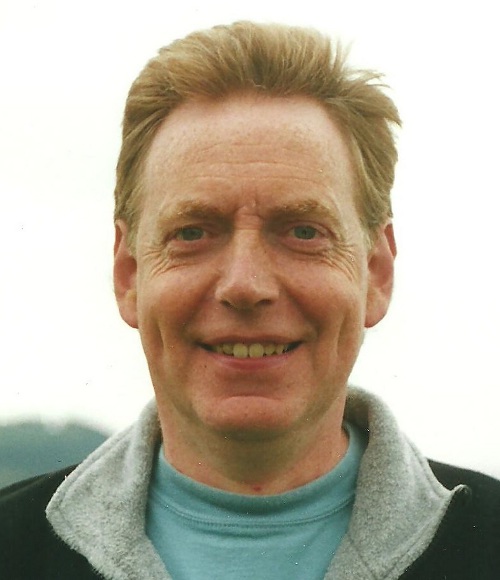
Dr Anthony Bloor
Specialities: Literary Studies, Language and Linguistics, Computer Science, Environmental Science, Artificial Intelligence
Anthony Bloor has worked on a number of research projects in computer science, including the development of low-level algorithms in a knowledge-based picture interpretation system (for the Computer-Human Interface Research Centre at Loughborough University); the development of software tools for students on writing courses in higher education (for the Writing & Publishing Set at Middlesex University); and using semantic markup to develop a personalized interface for users of a knowledge management system (for Orangeleaf Systems / JISC).
Dr Bloor has edited books and monographs for Merlin Unwin Books, including a technical manual on bacon curing, and has edited articles and academic papers on environmental science for an environmental consultancy, covering areas such as hydrology, hydrogeology, soil science, and waste management.
Dr Bloor has also written extensively on the psychology of writing and the teaching of writing, including 'Writing and Symbolism: An Approach to Integrating the Teaching of Technology with the Teaching of Writing', published in Writing in Education (1997; 11), and 'Student Writers, Writing Technology, and Writing Behaviour', in Notebooks (1995; 3-4). He also wrote ‘A Multidisciplinary Study of Fiction Writing’, which was commended as ‘a major contribution to the psychology of writing.’
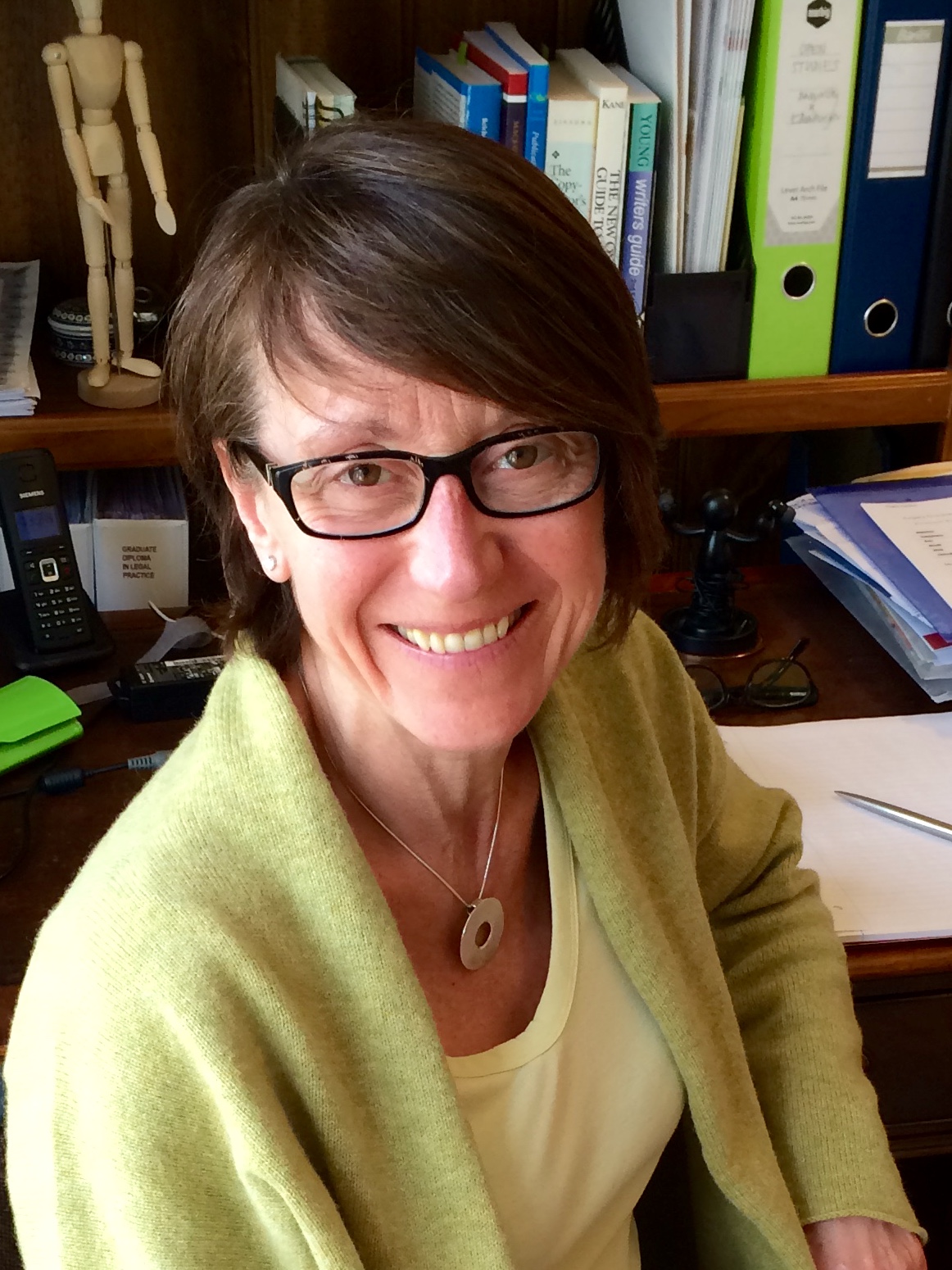
Dr Christina Morris
Specialities: Biological Sciences, Law, Education
During a career of more than 25 years in science research, education, and management, Christina Morris has been actively involved in writing, editing, and proofreading scientific materials. These include academic research papers (published in journals including Nature, Molecular Systems Biology, and Plant Cell), journal articles, funding proposals, textbooks, and publicity materials at tertiary level, in addition to teaching and assessment materials for the 16-19 sector. Dr Morris has worked both in-house at the University of Adelaide and, since 2013, in a freelance capacity as CM Editorial.
Dr Morris’s legal training and expertise also allows her to offer editorial services specifically tailored to law academics, practitioners and writers. She has diverse experience of copy-editing and proofreading legal materials, such as advice documents, contracts, and patent applications, as well as academic book chapters, journal articles, and other legal documents for publication.
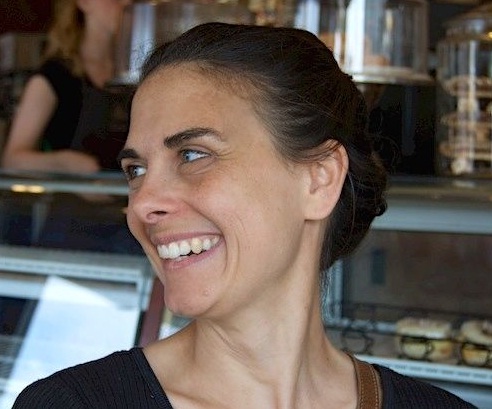
Dr Colette Stoeber
Specialities: English Literature, Dramatic Literature, Theatre
Colette Stoeber’s postgraduate studies outfitted her with a broad knowledge of modern and post-modern literary, theoretical, and aesthetic movements of Europe—from structuralism to deconstructionism, from impressionism to expressionism. In her PhD thesis, she analyzed the cross-media adaptations of British playwright Harold Pinter’s works, involving media theory (film, radio, and television).
While Dr Stoeber’s primary focus has been on drama and theatre, her MA in English literature provides her with expertise in all literary genres, from poetry to the novel, ranging from the 16th to the 20th centuries. She also studied philosophy and theories of political science at university level. Her publications include reviews published in Modern Drama, Theatre Survey and Essays in Theatre.
Dr Stoeber has 15 years of experience as an editor, working mainly one-on-one with professional academics in the humanities and social sciences, on books and articles that have since been published by such prestigious presses as SUNY, MIT, and Palgrave Macmillan, and in journals such as International Studies Quarterly. Along with general arts, much of this work has been in the areas of international relations and political science. She specializes in English-language editing for academics writing in English as their second language, combining copy and stylistic editing to ensure a clear, correct, and natural use of English.
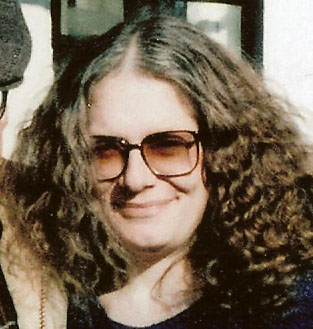
Dr Barbara Kohl
Specialities: Social Science, Archaeology, History
After working as a journalist, researcher, and university professor in the USA and Brazil, Barbara Kohl pursued a career in editing monographs and journal articles.
Dr Kohl has worked for a number of publishers during her 20 years as an editor, including Elsevier Science, the Cotsen Institute of Archaeology (University of California, Los Angeles), Georgetown University Press, the University of New Mexico Press, Texas Tech University Press, the Directed Energy Professional Society, and the Academy of American Franciscan History.

Dr Kathie Ross
Specialities: Specialities: Gender in the Professions, Education, Feminist Research, Qualitative Methods
PhD Accounting and Finance, Newcastle University, UK
MEd (Distance Education), Athabasca University, Canada
MBA, Laurentian University, Canada
BBA (Accounting and Information Technology), Southern Alberta Institute of Technology, Canada
Kathie Ross received a PhD in accounting and finance for her work exploring the interaction of continuing professional development and identity for women accountants in Canada. As a Chartered Professional Accountant, prior to achieving her PhD, she pursued a career in accounting and tax for many years before becoming an instructor. She is an experienced online instructor and curriculum developer in accounting, tax and finance courses.
During her career of more than 20 years in business and education, Dr Ross has been actively involved in writing, editing and proofreading business and technical materials. These include academic research papers, funding proposals, technical publications and briefing notes, in addition to teaching and assessment materials at tertiary level. Dr Ross is the author of a chapter Conducting Oral History Research: Reflections from the Field in The Routledge Companion to Qualitative Accounting Research (2017) and is currently working on additional academic research papers within her field.
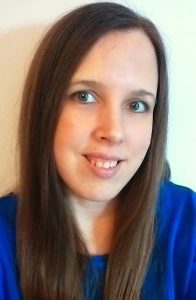
Dr Katie Finnegan
Specialities: Specialities: English Language, Linguistics, Education, Social Science
2011 – PhD Sociolinguistics, University of Sheffield, UK
2005 – MA Historical Language Studies, University of Sheffield, UK
2003 – BA English Language and Linguistics, University of Sheffield, UK
Katie Finnegan has a long-standing interest in English Language and Linguistics, having studied it at both undergraduate and postgraduate levels. She has studied a wide range of areas in linguistics, specializing in dialectology and sociolinguistics.
Dr Finnegan’s PhD thesis focused on linguistic variation and change in Sheffield English, and involved analysis of fieldwork interviews conducted with Sheffield-born speakers. She analyzed variation in speakers’ use of a range of phonological variables, and also analyzed speakers’ metalinguistic comments about place and dialect.
After completing her PhD, Dr Finnegan turned to a career in editing. She edits journal papers, dissertations, theses and books, regularly working with non-native speakers of English. Linguistics is her main subject specialism, and she also regularly edits education and social science material.
Dr Finnegan has written a chapter entitled ‘Sheffield’ on her PhD research, which is available in the volume Researching Northern English (ed. Raymond Hickey; John Benjamins, 2015). She has also presented her research at national and international conferences.
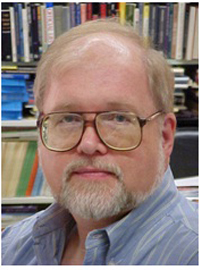
Dr J. Justin Gustainis
Specialities: Rhetoric, Propaganda, Creative Writing
1981 – PhD Communication Studies, Bowling Green State University, USA
1974 – MA English Language and Literature, University of Scranton, USA
1972 – BS in Political Science, University of Scranton, USA
After earning his PhD, Justin Gustainis joined the faculty of Plattsburgh State University in New York, where he holds the rank of Full Professor. He teaches a number of courses under the rubric of ‘social influence’ including Rhetorical Theory, Rhetorical Criticism, Propaganda, Argumentation, and Political Communication.
Dr Gustainis has worked as a freelance editor for the last eight years, during which time he has edited dissertations, theses, journal articles, and scholarly papers. He is a Full Member of the American Copy Editors Society.
He is the author of the book American Rhetoric and the Vietnam War, as well as a large number of book chapters, journal articles, and conference papers in rhetoric, politics, and popular culture. His published articles include ‘While the whole world watched: Rhetorical failures of anti-war protest’, in Communication Quarterly (1988; 36, 3, 203-16); ‘John F. Kennedy and the Green Berets: The rhetorical use of the hero myth,’ in Communication Studies (1989; 40, 1, 41-53); and ‘Demagoguery and Political Rhetoric: A Review of the Literature,’ in Rhetoric Society Quarterly (1990; 20, 2, 155-161).
Dr Bethany Simmonds
Specialities: Medical Sociology, Social Gerontology, Qualitative Methods
2011 – PhD Sociology, University of Southampton, UK
2005 – BSc Sociology, University of Bath, UK
Bethany Simmonds received a PhD in sociology of ageing and physical activity for her work exploring the corporeal, emotional, and social experience of ageing in rural locations. After achieving her PhD, she pursued a career in applied health research at the University of Bristol, combining her expertise in sociology with her interests in the health and wellbeing of older adults.
While accruing over five years’ post-doctoral experience as a researcher, Dr Simmonds has first-authored several papers published in leading journals, including ‘An exploration of barriers and facilitators to older adults' participation in higher impact physical activity and bone health: a qualitative study’, in Osteoporosis International (2016; 27(3): 979-987), and ‘Objectively assessed physical activity and function and subsequent health service use of UK adults aged 70 and over: A four-year follow up study’, in PLOS One (2014; doi: 10.1371/journal.pone.0097676).